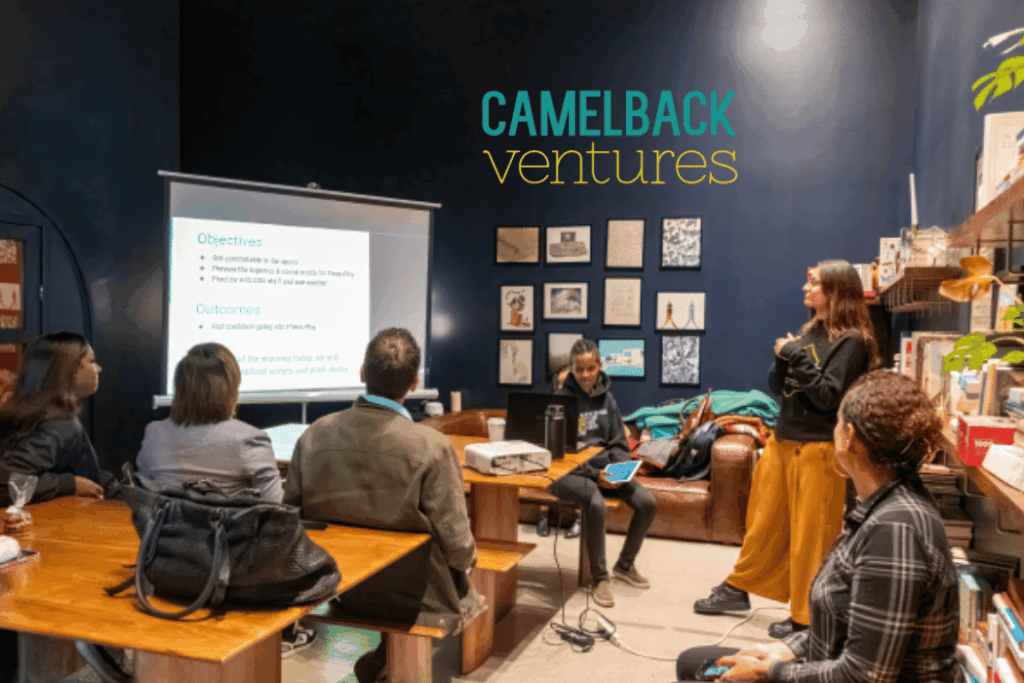
Scaling a small business often starts with nothing more than determination and limited capital. Many founders launch with what they have—personal savings, part-time income, and resourcefulness. But as the business gains traction, the question shifts from survival to growth. What does it take to move from doing everything yourself to leading a company ready for private equity?
Starting with Less: What Bootstrapping Teaches You
Bootstrapping forces clarity. Every dollar you put out has to count. Decisions aren’t driven by theories but by urgency, feedback, and necessity.
Founders who bootstrap:
- Learn to manage cash early and often
- Build customer relationships one at a time
- Solve problems creatively when resources are thin
- Focus on what’s profitable, not just popular
More importantly, they develop habits that will later appeal to investors: resilience, fiscal discipline, and a tested understanding of their market.
The Hidden Cost of Staying Scrappy Too Long
Lean beginnings are valuable. But staying in that mode forever can hold you back.
If you find yourself turning down opportunities, struggling to hire, or patching together systems that no longer scale, your business might be outgrowing its structure. Growth demands more than hustle. It requires stability, repeatability, and enough capital to take bigger swings.
Here’s what often signals that you’re hitting a ceiling:
Demand regularly exceeds your team’s capacity
- Key hires or tools are postponed due to cash flow issues
- You’re stuck in day-to-day tasks instead of leading strategy
These aren’t signs of failure—they’re signals that it might be time to shift your model.
Fix the Foundation Before Building Up
If you’re preparing for growth, get your internal systems in order first. This is the phase where a lot of small businesses stumble. They try to grow fast, but their backend can’t support the front-end momentum.
Put simply: What happens in your business today should be something you can teach someone else to do tomorrow.
That means:
- Documenting how things are done
- Cleaning up financial reporting
- Implementing software that saves time
- Creating roles with clear expectations
The stronger your foundation, the more confidently you can scale. This is also what private equity teams look for—not just revenue, but readiness.
Planning Growth with Intention
Growth for the sake of growth burns money and people. Sustainable scaling is tied to a plan. You should know how much capital you need, how it will be spent, and what the return looks like.
It’s easy to get caught up in milestones that look good on paper. More locations. Bigger teams. Flashier branding. But smart growth focuses on delivering more value while improving internal performance.
Understanding how to scale sustainably helps you make fewer guesses and more decisions based on real traction.
Exploring Capital Options Without Giving Up Control
There are many paths to funding, each with its own tradeoffs. You don’t have to jump from bootstrapping straight to private equity. There are stages in between.
Bank Loans
Useful for asset purchases or expansion, but require strong credit and sometimes personal guarantees.
Angel Investors
Ideal for early-stage companies that need mentorship alongside funding. These individuals typically back founders as much as the idea.
Venture Capital
Best for high-growth startups with aggressive scale plans. VC firms seek rapid expansion and usually expect a clear exit strategy.
Private Equity
Often reserved for businesses that have proven models and consistent cash flow. PE teams don’t just fund—they help optimize, expand, and sometimes restructure. Many firms specialize in helping founders who have outgrown the startup phase but aren’t yet operating at full enterprise scale.
Behind the scenes, many of these firms rely on professional fund administrators to manage complex operations. These partners help ensure accurate accounting, investor reporting, and compliance, creating a stronger foundation for the companies they support.
What Makes a Business Attractive to Private Equity
Private equity isn’t about hype. It’s about fundamentals. Investors want to see:
Clean books with predictable revenue
- A leadership team with a clear vision
- Market trends that support future growth
- A repeatable way of generating income
Your company doesn’t have to be perfect. But it needs to show that you understand what drives your success—and how you plan to scale it.
Capital Is Not the Answer to Every Problem
Many founders believe more money will solve their biggest issues. But if your business isn’t operationally sound, funding only magnifies the mess.
True scalability comes from:
- Saying no to distractions
- Building a team that thinks in systems
- Focusing on what the market rewards most
- Making decisions based on data, not just instinct
Money accelerates. It doesn’t replace fundamentals. You need both to go from small and scrappy to scalable and strategic.
Final Takeaway
Growing from a bootstrap business to one backed by private equity is possible, but it won’t happen by accident. It requires clear planning, smart processes, and a shift in mindset. The skills you built in the early days—resilience, focus, adaptability—are still useful. But now they need to be paired with structure and strategy.
Scale doesn’t mean changing who you are as a founder. It means leading with more intention, more support, and a bigger vision.
Looking for deeper insights on sustainable growth? Subscribe to our newsletter for expert guidance, real-world examples, and tools to help you move forward with confidence.













